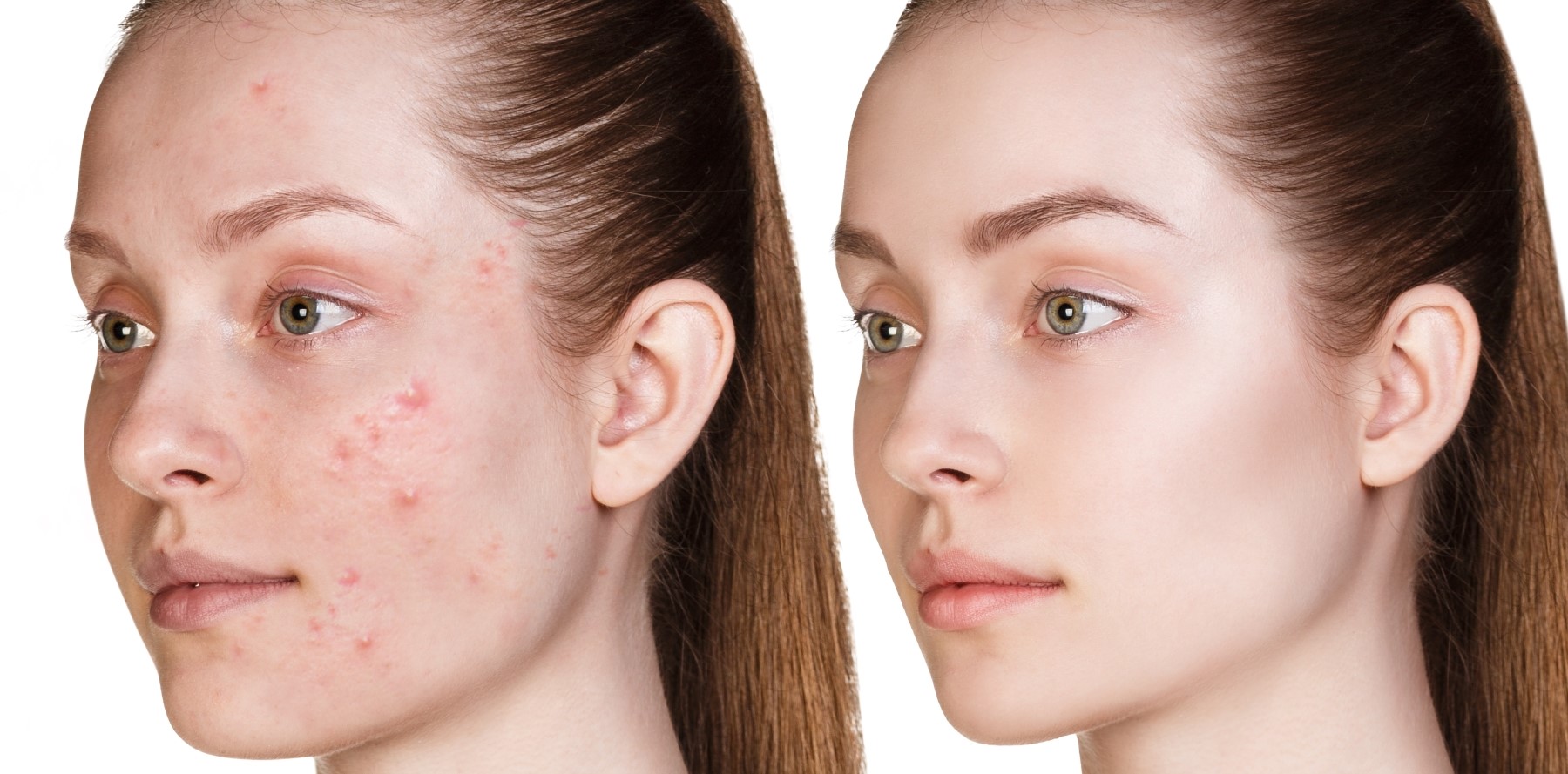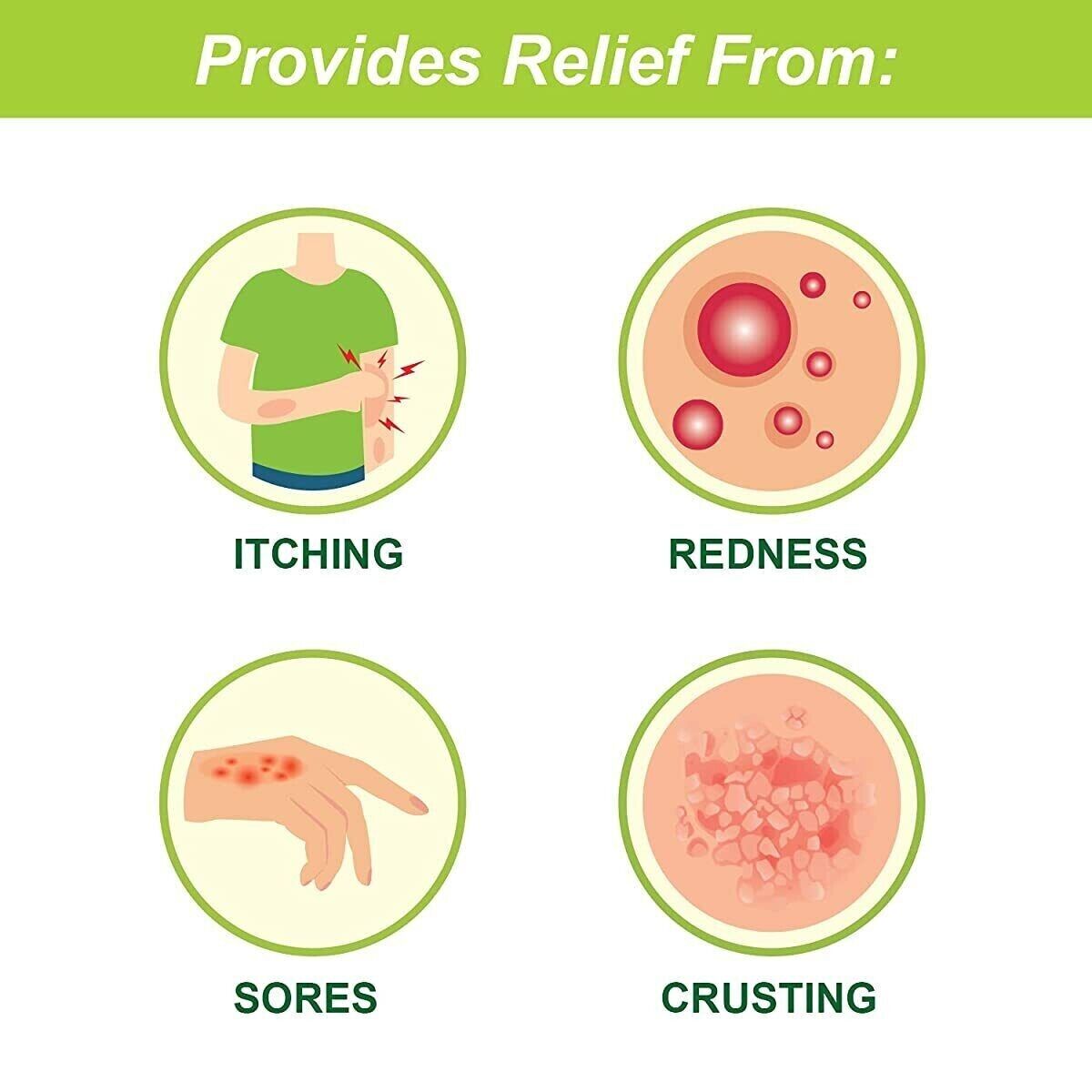How to stop skin fungus from spreading?
Dealing with a skin fungus, such as ringworm (tinea corporis), athlete’s foot (tinea pedis), or jock itch (tinea cruris), can be uncomfortable and concerning. Fungal infections thrive in warm, moist environments and can spread easily through direct contact with infected skin or indirect contact with contaminated items like towels, clothing, or surfaces. Oxiconazole Nitrate Cream Buy Online, which is used to treat fungal skin infections.
To prevent a skin fungus from spreading and to promote healing, it’s essential to take prompt action and follow effective strategies. Here’s a comprehensive guide on how to stop skin fungus from spreading: Zoderm E Cream works by causing holes in the fungal cell membranes and kills fungi.
Identifying Common Types of Skin Fungus:
Before delving into prevention strategies, it’s helpful to understand the common types of skin fungus and their characteristics:
-
Ringworm (Tinea Corporis):
- Appearance: Red, circular rash with a raised, scaly border and clearer skin in the center.
- Affected Areas: Anywhere on the body except for the scalp, groin, and feet (which have their own specific names: tinea capitis, tinea cruris, and tinea pedis, respectively).
-
Athlete’s Foot (Tinea Pedis):
- Appearance: Red, itchy rash usually between the toes, but can spread to the soles and sides of the feet.
- Symptoms: Itching, burning, peeling skin, and sometimes blisters.
-
Jock Itch (Tinea Cruris):
- Appearance: Red, itchy rash in the groin area, often extending onto the thighs.
- Symptoms: Itching, burning sensation, and sometimes cracking or peeling of the skin.
Preventing the Spread of Skin Fungus:
Effective management of skin fungus involves preventing its spread to other areas of your body or to other people. Here are key strategies to help stop the spread of skin fungus:
-
Maintain Good Hygiene Practices:
- Keep Skin Clean and Dry: Wash the affected area daily with soap and water, and pat dry thoroughly with a clean towel. Avoid sharing towels with others.
- Change Clothes Regularly: Wear clean, loose-fitting clothing and change socks and underwear daily, especially if you have athlete’s foot or jock itch.
-
Avoid Sharing Personal Items:
- Towels and Clothing: Do not share towels, clothing, or personal items like razors or combs with others, especially if you have an active fungal infection.
- Sports Equipment: Clean and disinfect sports gear, helmets, and other equipment regularly to prevent fungal growth and transmission.
-
Practice Good Foot Hygiene:
- Keep Feet Dry: Dry your feet thoroughly, especially between the toes, after bathing or swimming. Use antifungal powder or spray in your shoes and socks if you are prone to athlete’s foot.
- Choose Breathable Footwear: Wear shoes made of breathable materials like leather or mesh to reduce moisture buildup.
-
Disinfect Contaminated Surfaces:
- Household Surfaces: Clean and disinfect frequently touched surfaces, such as bathroom floors, shower stalls, and countertops, where fungi can thrive.
- Personal Items: Clean hairbrushes, combs, and other personal items regularly with soap and water.
-
Avoid Walking Barefoot in Public Areas:
- Locker Rooms and Pool Areas: Wear flip-flops or sandals in communal showers, locker rooms, and around pools to reduce the risk of picking up athlete’s foot or other fungal infections.
-
Treat Infected Pets:
- Pets with Ringworm: If you suspect your pet has ringworm, take them to the veterinarian for treatment. Ringworm can be transmitted between pets and humans.
-
Practice Proper Hand Hygiene:
- Handwashing: Wash your hands thoroughly with soap and water after touching or treating the infected area to prevent spreading the fungus to other parts of your body or to others.
Treating Skin Fungus Effectively:
In addition to preventing the spread of skin fungus, effective treatment is essential for clearing the infection and promoting healing. Treatment options vary depending on the type and severity of the fungal infection:
-
Topical Antifungal Medications:
- Over-the-Counter (OTC) Creams: Antifungal creams, lotions, or powders containing ingredients like clotrimazole, miconazole, terbinafine, or ketoconazole can be effective for treating mild to moderate fungal infections.
- Prescription Medications: Your healthcare provider may prescribe stronger topical antifungal medications or oral antifungal medications for more severe or persistent infections.
-
Follow Treatment Guidelines:
- Apply as Directed: Follow the instructions provided with the medication regarding application frequency and duration of treatment. Even if symptoms improve, continue using the medication as prescribed to ensure complete eradication of the fungus.
- Complete the Course: Complete the full course of treatment, even if symptoms disappear sooner, to prevent recurrence or resistance.
-
Manage Symptoms:
- Relieve Itching: Use over-the-counter anti-itch creams or antihistamines to relieve itching and discomfort associated with the fungal infection.
-
Seek Medical Advice:
- Persistent Infections: If symptoms do not improve with over-the-counter treatments or if they worsen, consult your healthcare provider for further evaluation and treatment options.
When to See a Healthcare Provider:
While most cases of skin fungus can be managed effectively with over-the-counter treatments and preventive measures, it’s important to seek medical attention if:
- Symptoms Persist or Worsen: If the rash or itching does not improve with treatment or if it spreads rapidly.
- Signs of Infection: If the affected area becomes increasingly red, swollen, warm, or painful, which may indicate a secondary bacterial infection.
- Recurrent Infections: If you have frequent or recurrent fungal infections, your healthcare provider may recommend further evaluation to identify underlying causes or predisposing factors.
Conclusion:
Stopping the spread of skin fungus involves a combination of preventive measures and effective treatment. By maintaining good hygiene practices, avoiding sharing personal items, treating infected areas promptly with appropriate antifungal medications, and seeking medical advice when needed, you can effectively manage skin fungus and prevent it from spreading to yourself or others. Remember, consistency in hygiene and treatment is key to achieving and maintaining clear, healthy skin. If you suspect you have a skin fungus or have questions about treatment, consult your healthcare provider for personalized advice and care.






